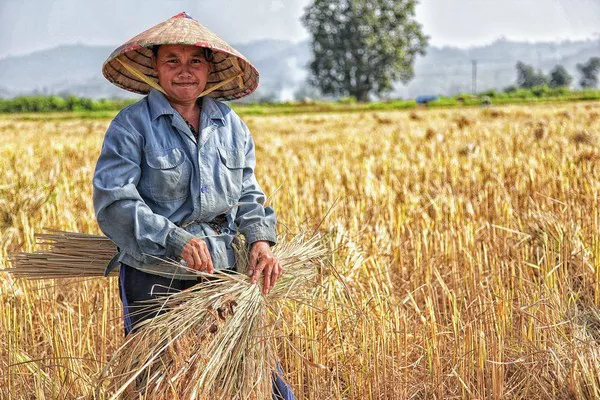The G20 Summit 2023, hosted in New Delhi over September 9-10, showcased India’s cultural, culinary, and agricultural heritage while addressing critical global issues. Among the significant achievements of the G20 Summit 2023 was the unanimous declaration by member nations, titled the G20 Deccan High-Level Principles on Food Security and Nutrition 2023. This declaration underscores the commitment of all G20 member nations and their Heads of State to enhance global food security, nutrition, and agriculture.
In a world facing challenges such as food security, climate change, conflicts, and more, the declaration primarily focuses on eradicating hunger and malnutrition. It highlights the severe impact of food and nutrition insecurity on the world’s most vulnerable populations. The preamble of the declaration acknowledges rising commodity prices, including food and energy costs, and their impact on the cost of living. Additionally, it recognizes that global challenges such as poverty, inequality, climate change, pandemics, and conflicts disproportionately affect women, children, and the most vulnerable.
The declaration emphasizes the value of cultivating ancient and traditional crops like millets, known for their nutritional benefits and support to farming communities. G20 member nations commit to strengthening research cooperation on climate-resilient and nutritious grains, including millets, quinoa, sorghum, as well as traditional crops like rice, wheat, and maize. The outcomes from the 12th G20 Meeting of Agriculture Chief Scientists (MACS) are welcomed as an essential step in this direction.
Efficient access to agricultural knowledge and resources, especially fertilizers, is highlighted as crucial for achieving these goals. The declaration encourages increasing the efficient use of fertilizers, alongside local fertilizer production, while ensuring soil health. Simultaneously, it emphasizes the need to reduce food loss and waste throughout the agricultural value chain by enhancing storage, marketing, and trade practices. This comprehensive approach aims to establish sustainable and climate-resilient agricultural food systems globally.
The declaration underscores the importance of assisting developing countries and regions affected by conflicts, such as Ukraine and Syria. It commits to supporting developing nations in addressing their food security challenges and enabling access to affordable, safe, nutritious, and healthy diets. The progressive realization of the right to adequate food is a shared commitment of G20 leaders.
Additionally, the declaration highlights the commitment to strengthen the Agricultural Market Information System (AMIS) and the Group on Earth Observations Global Agricultural Monitoring (GEOGLAM). These initiatives aim to mitigate food price volatility and enhance global coordination for early warning systems related to natural disasters.

